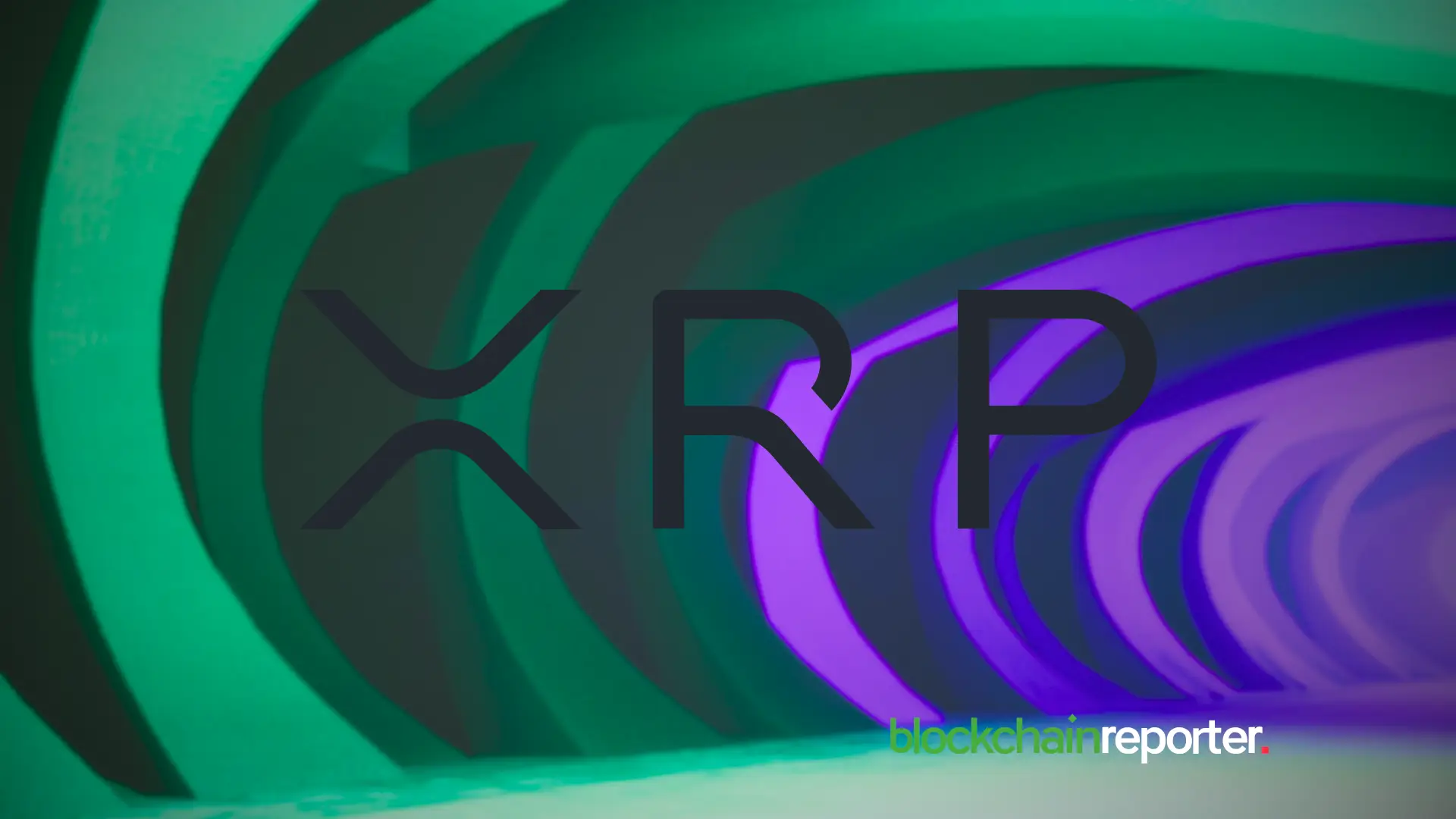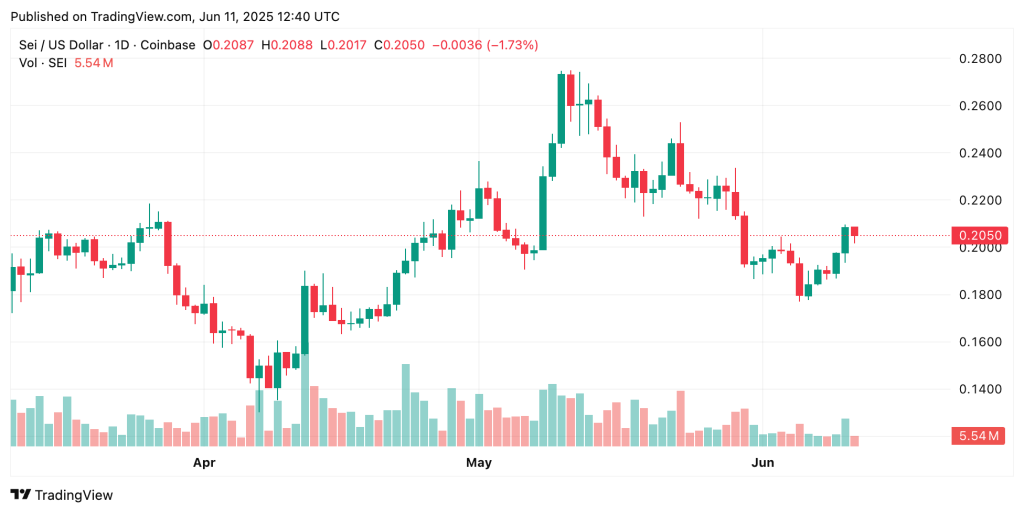Nigerian social payments platform Bundle plans to cease its crypto exchange services and instead focus on its peer-to-peer platform Cashlink.
In a recent blog post, Bundle said the decision was made by the company’s shareholders, who believe that the future lies in payment solutions that cater to the growing Web3 and blockchain community.
“We will cease operations of its exchange services as part of the Shareholders’ decision to restructure the business to focus on cashlink,” the company said in the announcement.
Founded by Yele Bademosi in 2020, Bandle quickly gained popularity, attracting 50,000 monthly active users and processing a monthly volume of $50 million.
However, with the rise of Cashlink and its impressive record of over 3 million transactions in less than two years, Bundle’s shareholders saw an opportunity to pivot their business toward this burgeoning market.
“As Web3 and the blockchain community continue to grow, there is a need to focus on payment solutions that meet the ecosystem’s needs, which is the plan with Cashlink.”
As a result, users will no longer be able to sign up for the platform, deposit assets into their Bundle wallets, or swap assets (with the exception of Tether).
If users do not have Nigerian naira or any other fiat currency in their Bundle wallets, they will also be unable to withdraw funds using Cashlink.
To avoid any inconvenience, Bundle has advised all users to withdraw their assets from the app before September 12, 2023.
Users in Nigeria, Ghana, Kenya, and other Francophone countries can transfer their funds from Bundle to any preferred exchange.
In Nigeria, users have the option to withdraw naira using Cashlink or transfer funds to their bank accounts through P2P express.
Nigeria Orders Binance to Cease Operations
Last month, Nigeria’s Securities and Exchange Commission (SEC) ordered Binance, the world’s largest cryptocurrency exchange by trading volume, to cease operations in the country.
The regulator declared the operations of Binance “illegal” in the West African nation, stating that the cryptocurrency exchange was neither registered nor regulated by the commission.
“Any member of the investing public dealing with the entity is doing so at his or her own risk,” the commission warned at the time.
Nigeria’s central bank had previously banned banks and financial institutions from facilitating transactions in digital currencies in 2021.
However, despite the ban, residents in Africa’s most populous country still make up the largest volume of digital token transactions done on peer-to-peer trading platforms outside of the United States.
Credit: Source link
















